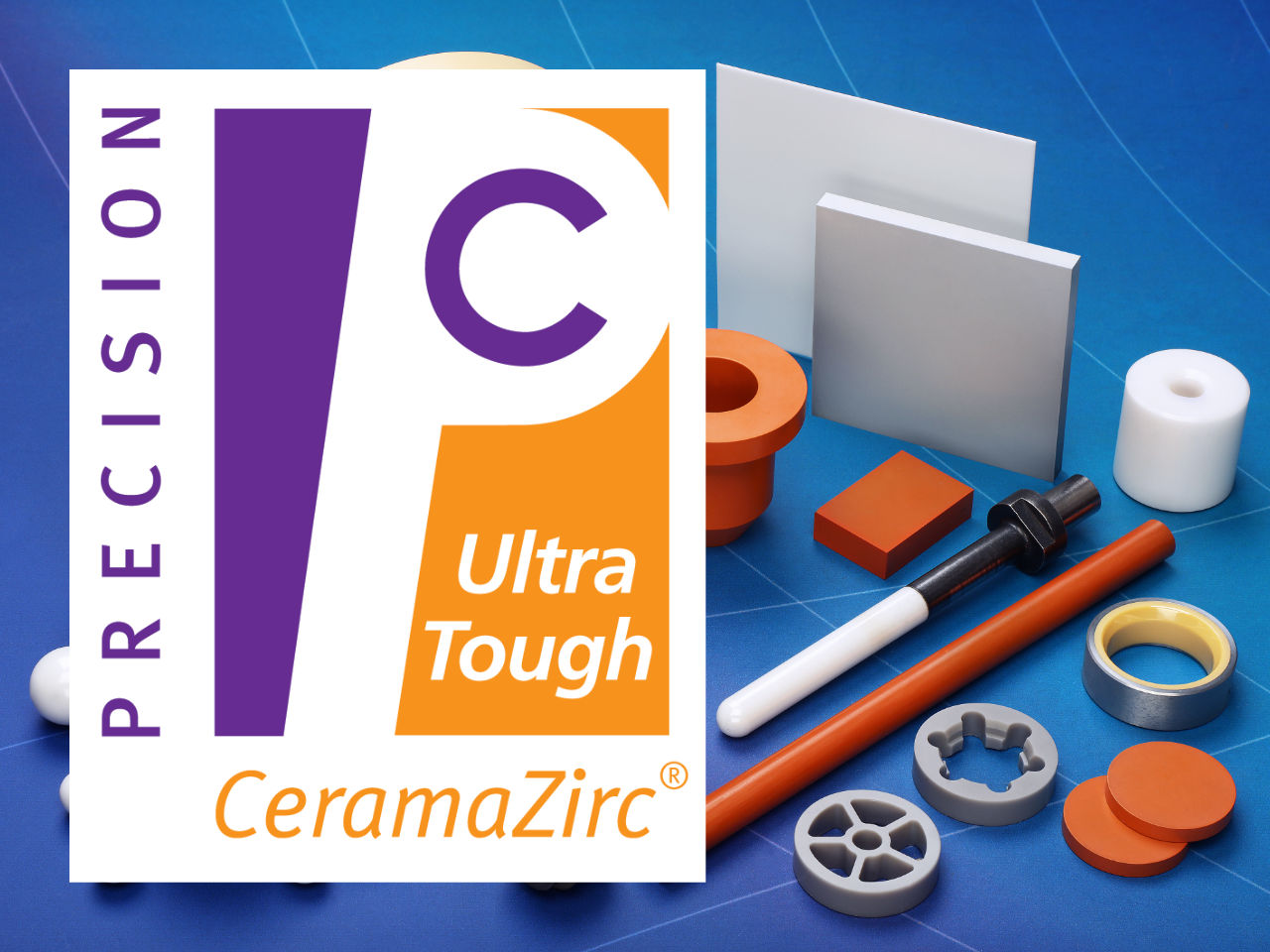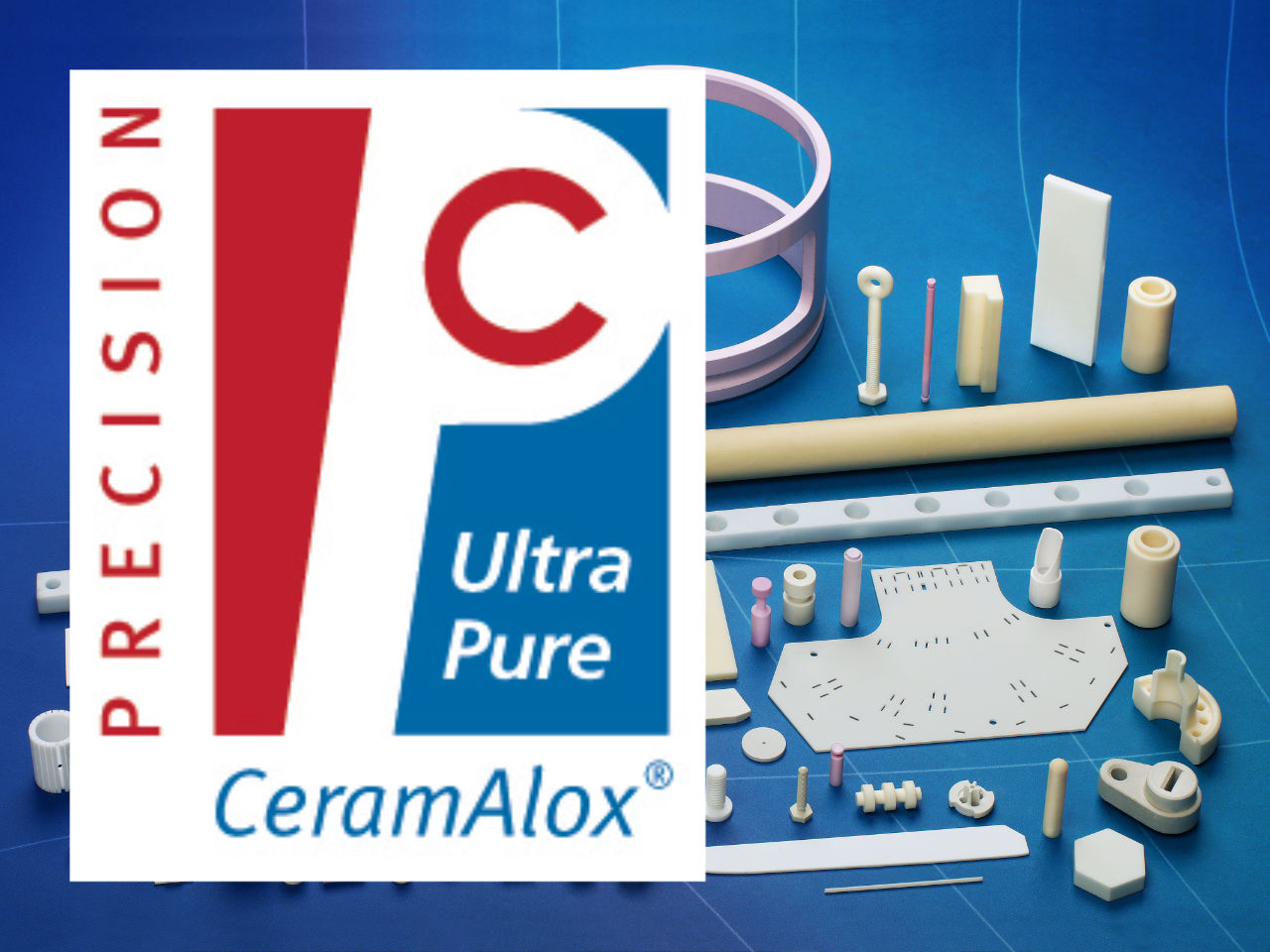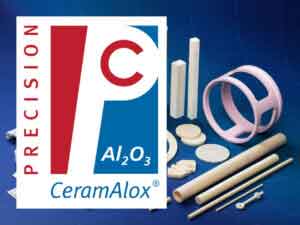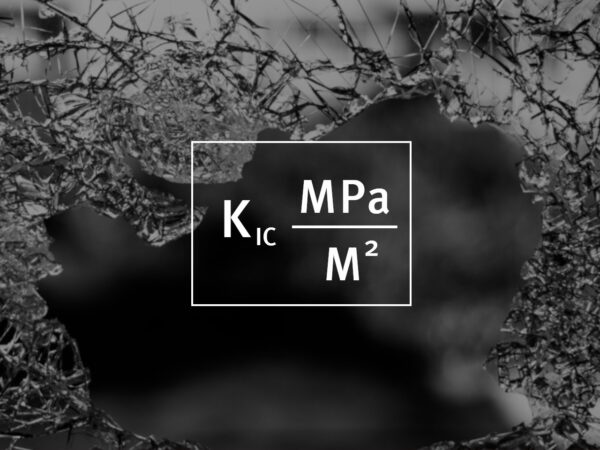Density
Materials Ranked by Density
Out of all the grades and materials offered by China Ceramic Parts, Macor offers the lowest density at 2.52 g/cm3 and on the opposite end of the scale our CeramZirc™ grades ranging to a density of 6.05 g/cm3.

Zirconia (ZrO2) - CeramaZirc™
6.05 g/cm3
Unlike traditional ceramics that tend to be hard and brittle, Zirconia offers high strength, wear resistance, and flexibility far beyond those of most other advanced ceramics.
Details

Zirconia (ZrO2) - CeramaZirc™ Ultra Tough
CeramaZirc Ultra Tough is an advanced zirconia-based ceramic composite material based on partially stabilized zirconia and alumina platelets.
Details

Alumina (Al2O3) – CeramAlox™ Ultra Pure
CeramaAlox Ultra Pure is a very high purity (99.95%) grade of Alumina (Aluminum Oxide) exhibiting an exceptional combination of mechanical and electrical properties.
Details

Alumina (Al2O3) – CeramAlox™
3.9 g/cm3
Alumina, also known as Aluminum Oxide, is a hard wearing advanced advanced ceramic material frequently used in a wide variety of industrial applications.
Details
Ceramic Material Comparison Chart
Related Properties

Hardness
One of the most valuable characteristics of advanced ceramics in high-performance applications is their extreme hardness. Hard ceramic materials are used for a wide range of applications in diverse fields and applications such as cutting tools for milling and grinding.

Fracture Toughness
The ability to resist fracture is a mechanical property of materials known as fracture toughness. For advanced ceramics it uses a critical stress intensity factor known as KIC where the fracture normally occurs at the crack terminations.

Compressive Strength
Compressive strength is the capacity of a material to withstand loads tending to reduce size. Explained differently, compressive strength resists compression (being pushed together), whereas tensile strength resists tension (being pulled apart).

